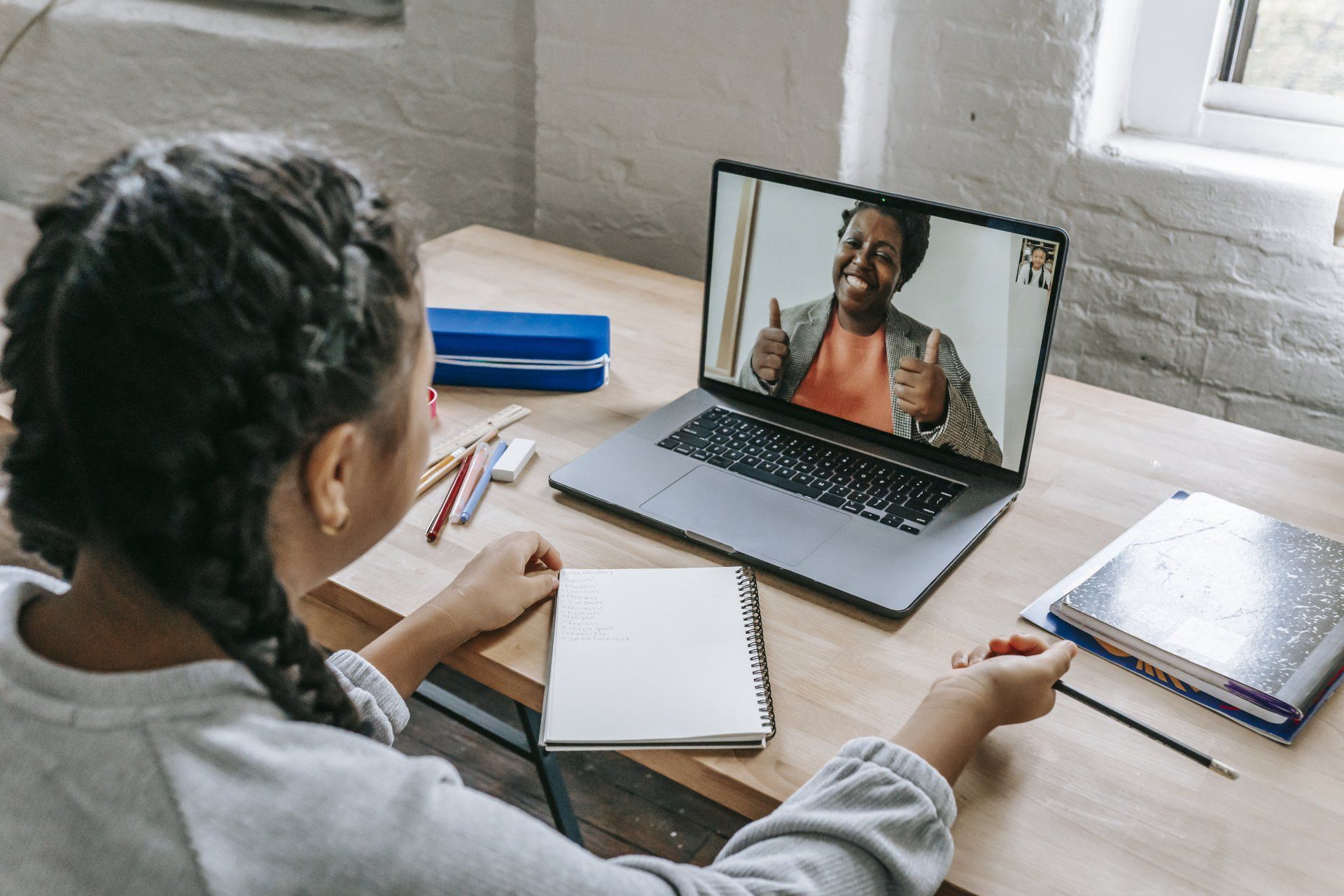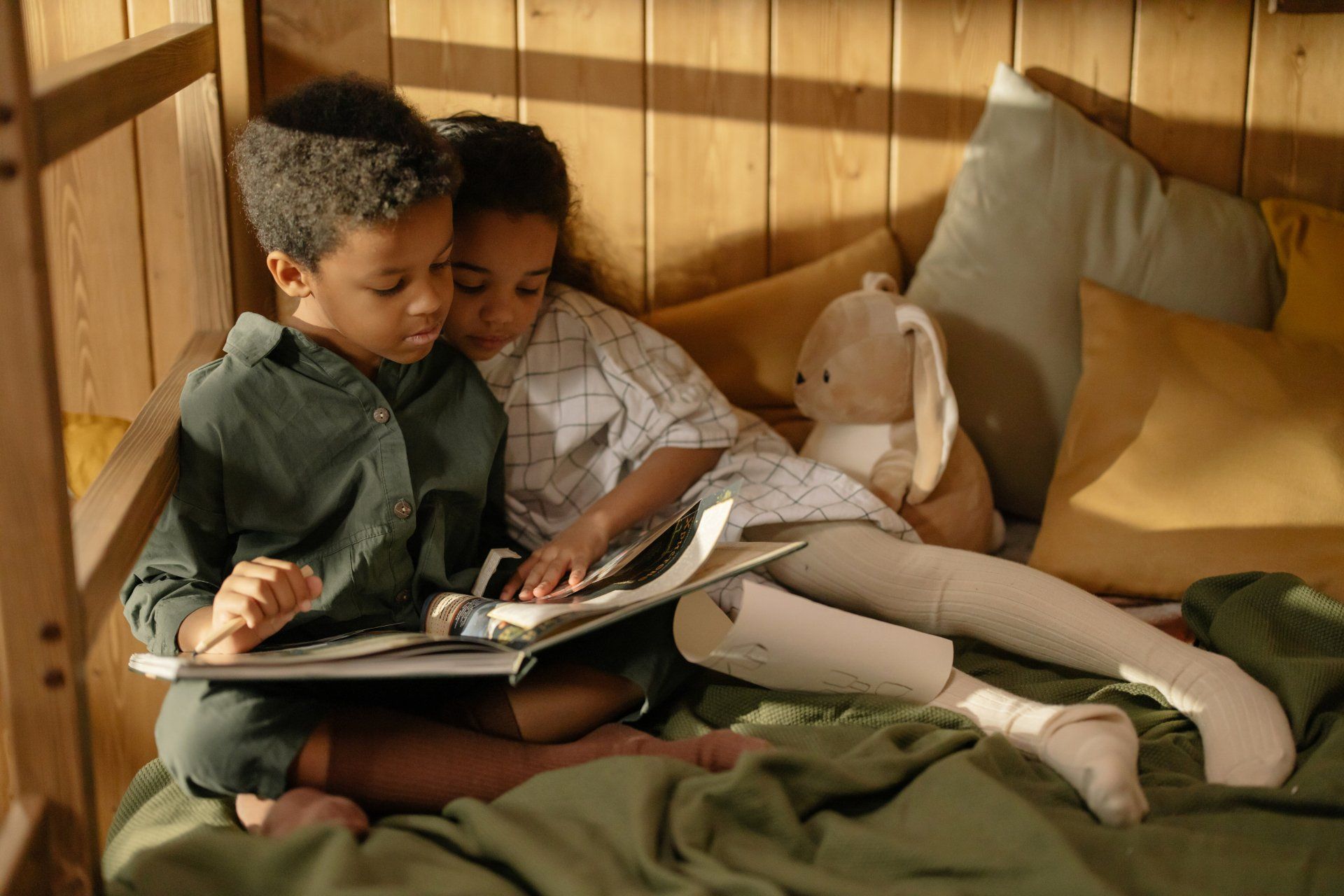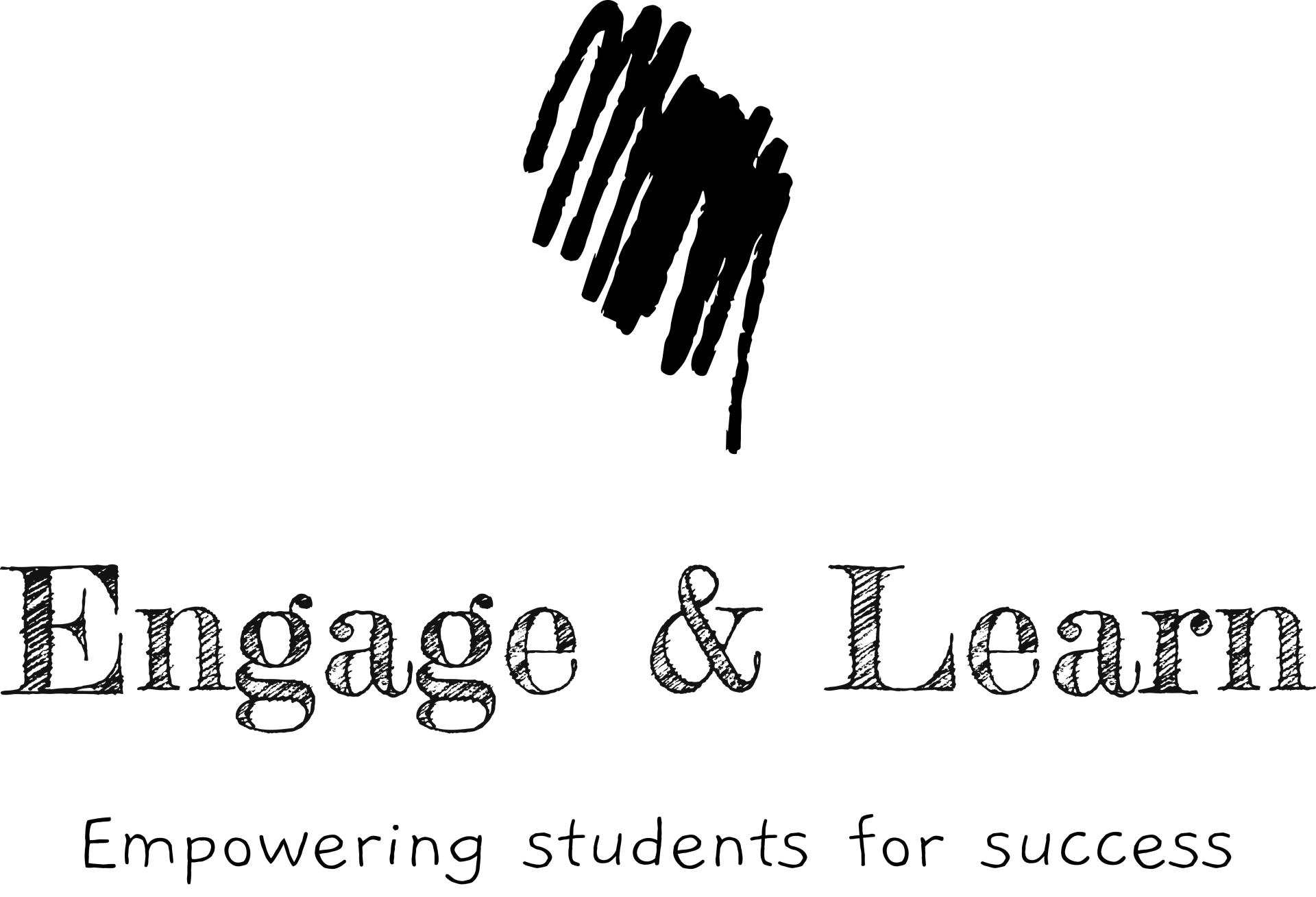Empowering Your Child's Education: How Personalized Learning Boosts Academic Growth
Unlock your child's full potential with personalized learning, an educational approach catering to individual needs and interests. Tutoring provides the much needed one-on-one support that can help your child reach their full potential.
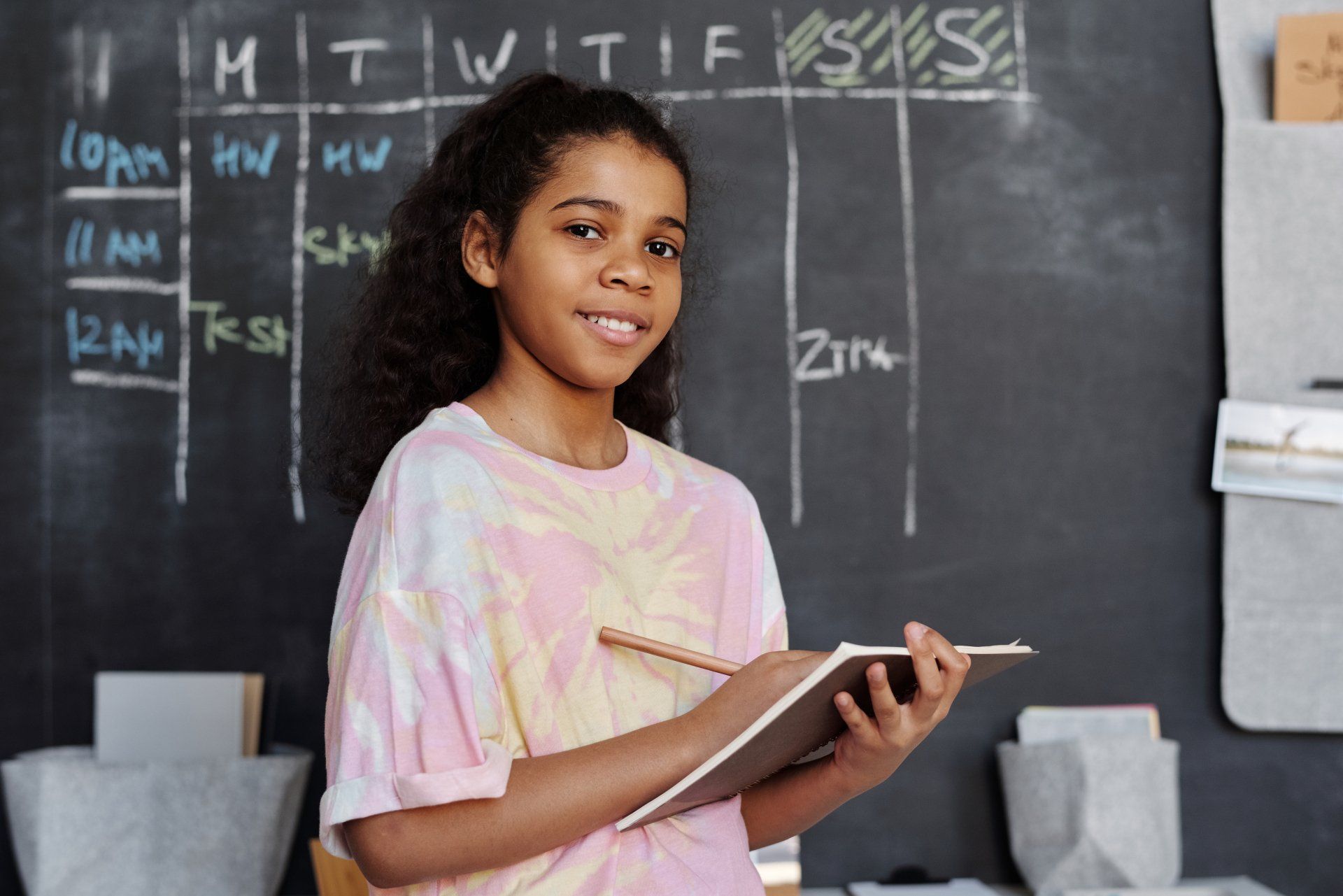
In today's dynamic educational landscape, a one-size-fits-all approach might not always be the best way to nurture your child's academic potential. Personalized learning has emerged as a transformative method to tailor education to individual needs, enhancing academic growth and fostering a love for learning. This article explores the concept of personalized learning, backed by research, and provides practical activity ideas to implement at home.
Understanding Personalized Learning
Personalized learning shifts the focus from a teacher-centered model to a student-centered one, acknowledging that each child possesses unique learning styles, strengths, and challenges. This approach involves tailoring curriculum, teaching methods, and assessments to match an individual student's pace and preferences.
Research and Benefits
Research from the National Education Association [1] reveals that personalized learning enhances student engagement, boosts confidence, and improves academic outcomes. A study by the Bill & Melinda Gates Foundation [2] indicates that students exposed to personalized learning methods outperform their peers in traditional classrooms.
Practical Activity Ideas
- Interest-Based Projects: Allow your child to delve into topics they're passionate about. Whether it's a science experiment, historical research, or creative writing, this approach encourages self-motivated learning.
- Flexible Learning Paths: Offer a variety of resources, such as books, online tutorials, and educational games. Let your child choose the medium that resonates best with their learning style.
- Goal Setting and Reflection: Help your child set academic goals and regularly reflect on their progress. This practice nurtures self-awareness and a sense of ownership over their education.
- Collaborative Learning: Arrange group activities or discussions where your child can share insights and learn from peers. Collaboration cultivates critical thinking and communication skills.
- Project-Based Assessments: Instead of traditional tests, consider project-based assessments. For instance, create a presentation, build a model, or write a short story related to the topic. This method assesses understanding while promoting creativity.
Conclusion
Embracing personalized learning can be a game-changer in your child's educational journey. By tailoring education to their unique needs and interests, you ignite a passion for learning that goes beyond the confines of a classroom. The research-backed benefits are clear: improved engagement, enhanced academic performance, and increased confidence. Through interest-based projects, flexible learning paths, goal setting, collaboration, and innovative assessments, you empower your child to take control of their education and soar to new heights.
In a world where every child is unique, personalized learning stands as a beacon of empowerment, guiding your child towards a future where their potential knows no bounds. One-on-one tutoring provides the opportunity for your child to obtain a personalized learning experience.
Footnotes
- National Education Association. (2017). Guide to Personalized Learning. Retrieved from http://www.nea.org/assets/docs/A-Guide-to-Personalized-Learning.pdf
- Bill & Melinda Gates Foundation. (2014). Teachers Know Best: What Educators Want from Digital Instructional Tools. Retrieved from https://tech.ed.gov/wp-content/uploads/2014/11/TLN_Teachers-Know-Best_0.pdf

